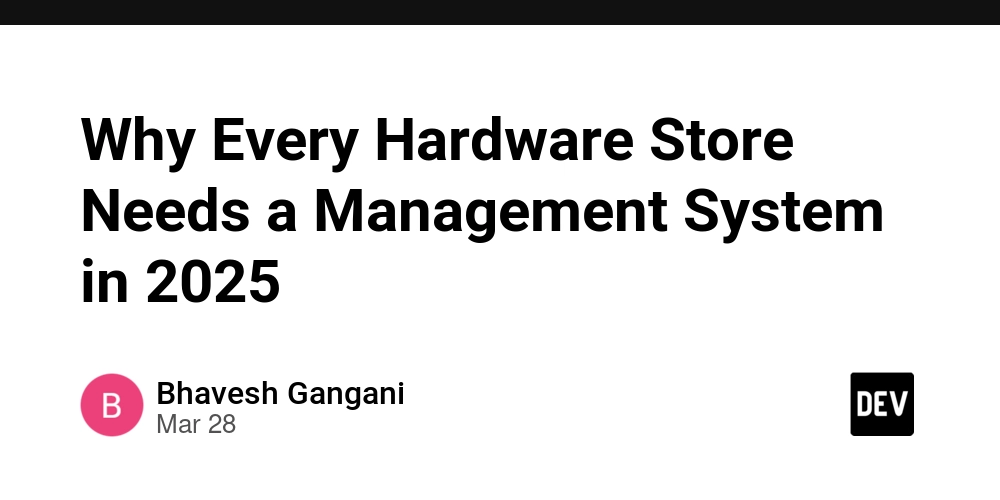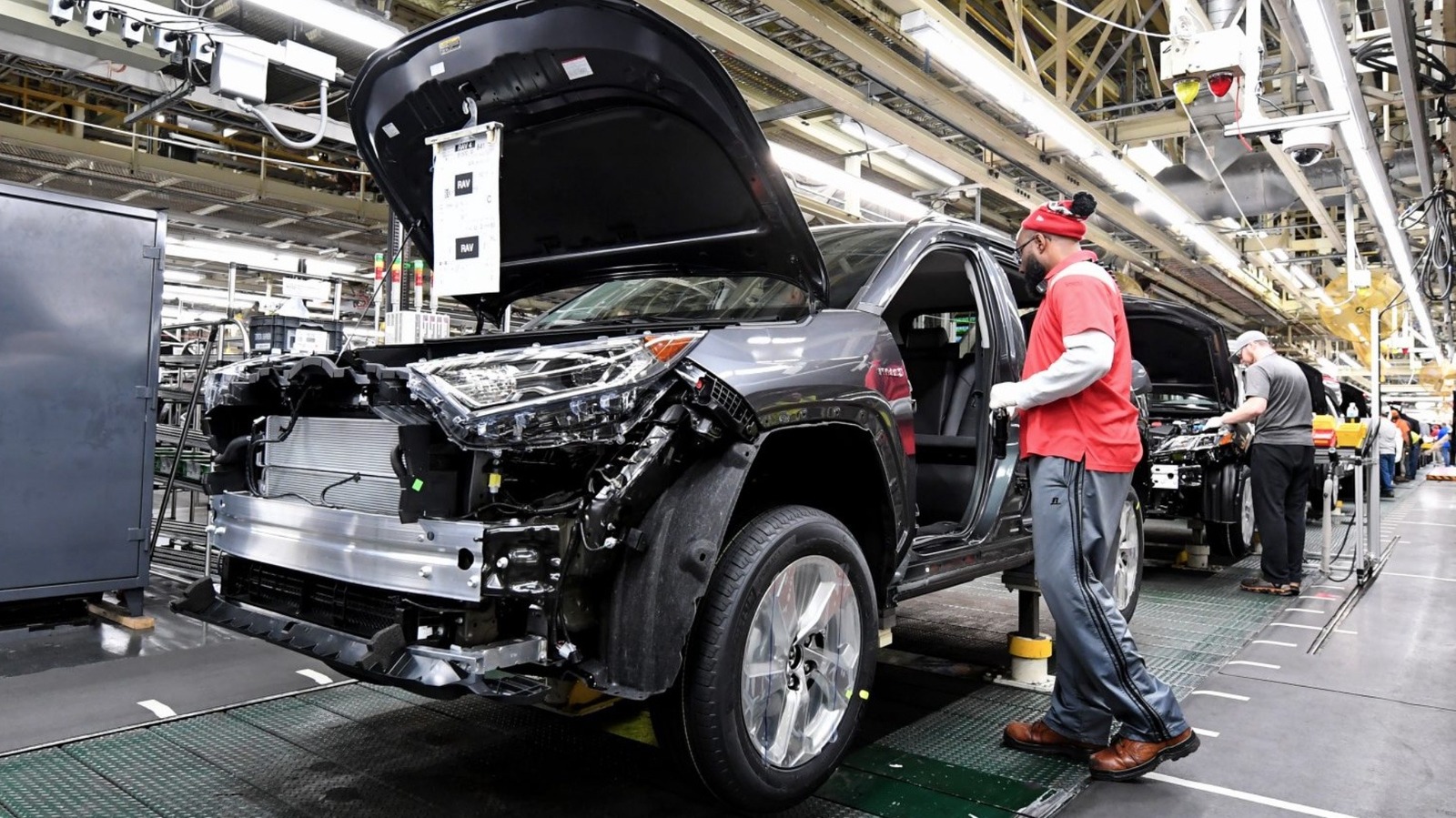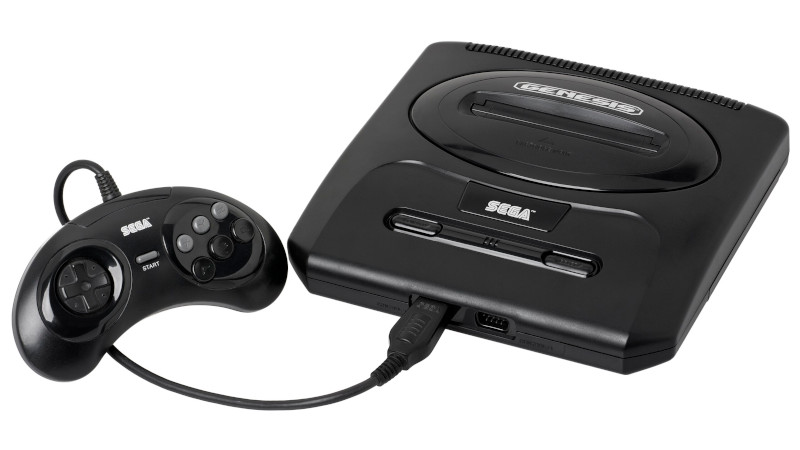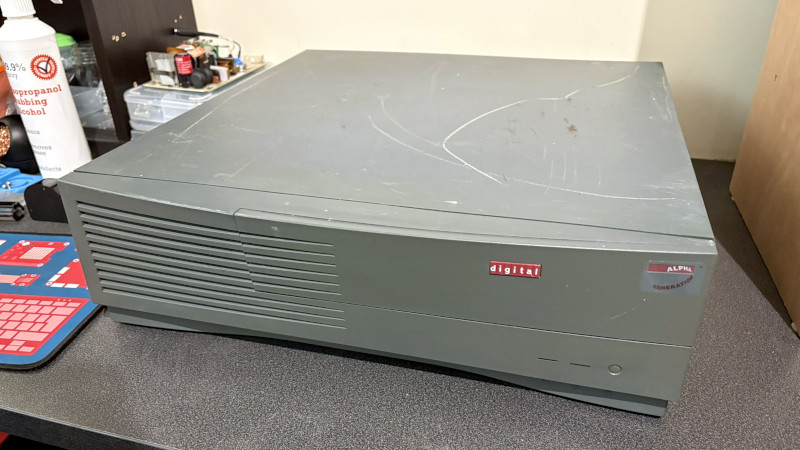Why Every Hardware Store Needs a Management System in 2025
Running a hardware store in 2025 has many challenges. You must manage a large inventory and meet customer demands. Using manual methods for tracking stock, billing, and suppliers can cause errors and delays. This can lead to financial losses. A Hardware Store Management System can help automate these tasks. It offers real-time inventory updates and smooth sales tracking. You also get better financial insights. With features like barcode scanning and purchase order automation, these systems make work easier. In this article, we will discuss why every hardware store needs a management system. We will also look at how it can increase profits and growth. Common Challenges in Hardware Store Management Running a hardware store is more than just selling tools and equipment. It also means managing inventory, suppliers, and finances well. However, many store owners face significant challenges that can affect their business operations and profitability. Manual Inventory Tracking – Keeping track of stock by hand can lead to mistakes. Items may get misplaced or run out, which can upset customers. Overstocking or Understocking Issues – Without accurate demand forecasting, stores may either overstock, leading to wasted resources, or understock, resulting in lost sales. Slow and Error-Prone Billing – Manual invoicing and checkout processes can slow down transactions, increasing waiting times for customers. Lack of Supplier Management – Without a clear system, managing orders and vendor relationships is hard. This can cause delays and stock shortages. Difficulty in Financial Tracking – Monitoring daily sales, expenses, and profits manually can lead to miscalculations and incorrect financial reporting. These challenges show the need for a Hardware Store Management System. This system can make operations smoother, cut down on mistakes, and boost overall business efficiency. In the next section, we’ll explore the key benefits of using a management system in your hardware store. Key Benefits of a Hardware Store Management System A Hardware Store Management System can change how a business works. It makes processes faster, more efficient, and free of errors. Here are the key benefits of using a management system in your hardware store: Accurate Inventory Management – The system keeps real-time stock updates, preventing shortages and overstocking. It helps store owners track product movement and plan purchases effectively. Faster Sales and Billing – With an integrated POS system, transactions become quicker and more accurate. Barcode scanning and automated billing reduce manual errors and improve customer experience. Streamlined Supplier and Purchase Management – Store owners can manage supplier details, track purchase orders, and automate restocking based on sales trends, ensuring products are always available. Better Financial Insights – The system generates detailed sales reports, helping businesses analyze revenue, expenses, and profits. This makes it easier to plan budgets and identify growth opportunities. Multi-Store and Warehouse Integration – Businesses operating multiple locations can sync stock data across all stores and warehouses, ensuring seamless operations without confusion. Improved Security and User Access Control – Role-based access allows store owners to control what employees can view or modify, reducing the risk of fraud or unauthorized changes. A Hardware Store Management System simplifies daily operations, reduces manual work, and enhances business growth. In the next section, we’ll discuss the essential features to look for when choosing the right system for your store. Must-Have Features in a Hardware Store Management System Choosing the right Hardware Store Management System is crucial for improving efficiency and business operations. Here are some essential features to look for: Real-Time Inventory Tracking – The system should automatically update stock levels whenever a sale or purchase is made, reducing errors and preventing stockouts. Barcode and RFID Scanning – Enables quick and accurate product identification, speeding up billing and stock management. Automated Purchase Order Generation – Helps in managing suppliers by automatically generating purchase orders based on stock levels and demand. POS System Integration – A seamless connection between the management system and point-of-sale (POS) ensures smooth billing, sales tracking, and payment processing. Cloud-Based Access – Cloud storage allows store owners to access sales and inventory data from anywhere, providing flexibility in store management. User Role Management – Restricts access to specific features based on employee roles, ensuring better security and control over operations. Analytics and Reporting – Creates detailed reports on sales trends, customer preferences, and financial performance. This helps with making decisions based on data. Multi-Store Management – For businesses

Running a hardware store in 2025 has many challenges. You must manage a large inventory and meet customer demands. Using manual methods for tracking stock, billing, and suppliers can cause errors and delays. This can lead to financial losses.
A Hardware Store Management System can help automate these tasks. It offers real-time inventory updates and smooth sales tracking. You also get better financial insights. With features like barcode scanning and purchase order automation, these systems make work easier.
In this article, we will discuss why every hardware store needs a management system. We will also look at how it can increase profits and growth.
Common Challenges in Hardware Store Management
Running a hardware store is more than just selling tools and equipment. It also means managing inventory, suppliers, and finances well. However, many store owners face significant challenges that can affect their business operations and profitability.
Manual Inventory Tracking – Keeping track of stock by hand can lead to mistakes. Items may get misplaced or run out, which can upset customers.
Overstocking or Understocking Issues – Without accurate demand forecasting, stores may either overstock, leading to wasted resources, or understock, resulting in lost sales.
Slow and Error-Prone Billing – Manual invoicing and checkout processes can slow down transactions, increasing waiting times for customers.
Lack of Supplier Management – Without a clear system, managing orders and vendor relationships is hard. This can cause delays and stock shortages.
Difficulty in Financial Tracking – Monitoring daily sales, expenses, and profits manually can lead to miscalculations and incorrect financial reporting.
These challenges show the need for a Hardware Store Management System. This system can make operations smoother, cut down on mistakes, and boost overall business efficiency. In the next section, we’ll explore the key benefits of using a management system in your hardware store.
Key Benefits of a Hardware Store Management System
A Hardware Store Management System can change how a business works. It makes processes faster, more efficient, and free of errors. Here are the key benefits of using a management system in your hardware store:
Accurate Inventory Management – The system keeps real-time stock updates, preventing shortages and overstocking. It helps store owners track product movement and plan purchases effectively.
Faster Sales and Billing – With an integrated POS system, transactions become quicker and more accurate. Barcode scanning and automated billing reduce manual errors and improve customer experience.
Streamlined Supplier and Purchase Management – Store owners can manage supplier details, track purchase orders, and automate restocking based on sales trends, ensuring products are always available.
Better Financial Insights – The system generates detailed sales reports, helping businesses analyze revenue, expenses, and profits. This makes it easier to plan budgets and identify growth opportunities.
Multi-Store and Warehouse Integration – Businesses operating multiple locations can sync stock data across all stores and warehouses, ensuring seamless operations without confusion.
Improved Security and User Access Control – Role-based access allows store owners to control what employees can view or modify, reducing the risk of fraud or unauthorized changes.
A Hardware Store Management System simplifies daily operations, reduces manual work, and enhances business growth. In the next section, we’ll discuss the essential features to look for when choosing the right system for your store.
Must-Have Features in a Hardware Store Management System
Choosing the right Hardware Store Management System is crucial for improving efficiency and business operations. Here are some essential features to look for:
Real-Time Inventory Tracking – The system should automatically update stock levels whenever a sale or purchase is made, reducing errors and preventing stockouts.
Barcode and RFID Scanning – Enables quick and accurate product identification, speeding up billing and stock management.
Automated Purchase Order Generation – Helps in managing suppliers by automatically generating purchase orders based on stock levels and demand.
POS System Integration – A seamless connection between the management system and point-of-sale (POS) ensures smooth billing, sales tracking, and payment processing.
Cloud-Based Access – Cloud storage allows store owners to access sales and inventory data from anywhere, providing flexibility in store management.
User Role Management – Restricts access to specific features based on employee roles, ensuring better security and control over operations.
Analytics and Reporting – Creates detailed reports on sales trends, customer preferences, and financial performance. This helps with making decisions based on data.
Multi-Store Management – For businesses with many locations, the system should share data across all stores and warehouses. This helps improve stock distribution.
Customer and Supplier Management – Maintains customer details, order history, and supplier records, making transactions smoother and more organized.
Investing in a Hardware Store Management System with these features can make daily operations easier. It can also improve business efficiency. In the next section, we’ll explore the latest trends shaping hardware store management in 2025.
Future Trends in Hardware Store Management for 2025
As technology continues to evolve, hardware stores must adapt to stay competitive. Here are some key trends shaping Hardware Store Management Systems in 2025:
AI-Powered Inventory Forecasting – Smart AI tools look at sales trends and predict what customers will want. This helps store owners keep the right products in stock at the right time.
Cloud-Based Management – Cloud solutions allow businesses to manage inventory, sales, and financials from anywhere, providing flexibility and security.
Omnichannel Integration – More hardware stores are integrating online and offline sales channels, ensuring seamless inventory management across eCommerce platforms and physical stores.
Mobile-Friendly Solutions – Many management systems now have mobile apps. These apps let store owners track inventory, monitor sales, and manage suppliers from their smartphones.
Automated Vendor Communication – Systems now streamline supplier interactions by sending automated purchase orders and restocking alerts, reducing delays in product availability.
Smart POS Systems
AI-driven POS systems make checkout faster. They offer personalized promotions. They also track customer buying habits to improve marketing.
Contactless Payments and Digital Invoicing – As digital transactions grow, hardware stores are using more payment options. This includes mobile wallets and contactless payments.
Sustainability and Eco-Friendly Practices – Many stores are incorporating digital receipts, eco-friendly packaging, and waste management tracking to align with sustainability goals.
Staying updated with these trends keeps your Hardware Store Management System ready for the future. This helps you run a more efficient and profitable business. In the next section, we’ll discuss how to choose the right system for your store.
Conclusion
In 2025, a Hardware Store Management System is no longer just an option—it’s a necessity. Efficient stock control, real-time inventory tracking, seamless POS integration, and automated supplier management can significantly improve store operations and customer satisfaction. Whether you own a small local shop or a large multi-location hardware business, investing in the right management solution can help reduce errors, prevent stockouts, and boost profitability.










































































































































































![[The AI Show Episode 142]: ChatGPT’s New Image Generator, Studio Ghibli Craze and Backlash, Gemini 2.5, OpenAI Academy, 4o Updates, Vibe Marketing & xAI Acquires X](https://www.marketingaiinstitute.com/hubfs/ep%20142%20cover.png)
















































































































































































































































.jpg?#)













































































































































![YouTube Announces New Creation Tools for Shorts [Video]](https://www.iclarified.com/images/news/96923/96923/96923-640.jpg)

![Apple Faces New Tariffs but Has Options to Soften the Blow [Kuo]](https://www.iclarified.com/images/news/96921/96921/96921-640.jpg)

































































































































